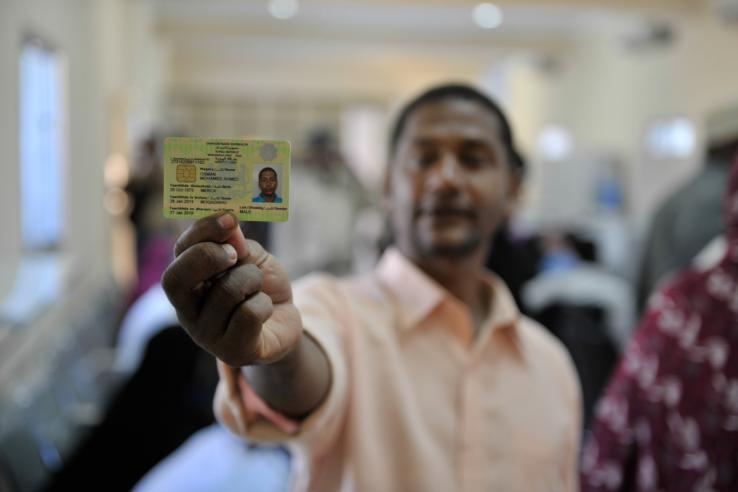Can digital IDs transform service delivery in sub-Saharan Africa? Reflections from Tavneet Suri

Digital IDs have the potential to transform the delivery of social protection programs and other government services in sub-Saharan Africa through better targeting and reduced leakages. However, there are also risks and challenges involved with the rollout of these digital reforms such as privacy and exclusion concerns, which could have far-reaching negative effects.
In this podcast, Tavneet Suri, professor of Applied Economics at MIT Sloan School of Management and co-chair of J-PAL’s Digital Identification and Finance Initiative (DigiFI Africa), reflects on the potential impacts and discusses the main issues policymakers should bear in mind when designing digital ID reforms. She also highlights the need for more research on digital IDs to answer key policy questions and emphasizes how DigiFI is a useful resource for researchers and policymakers interested in unpacking the impacts of digital ID reforms in sub-Saharan Africa. Listen to the full discussion below.
Listen to the podcast
About the Digital Identification and Finance Initiative (DigiFI Africa)
The Digital Identification and Finance Initiative in Africa (DigiFI) generates rigorous evidence on how African governments, private companies, and NGOs can leverage digital payments and identification systems to improve lives through better public service delivery, governance, and financial inclusion. To achieve this vision, DigiFI supports governments and other implementers to monitor and evaluate relevant reforms. Read more about the initiative here.
About Tavneet Suri
Tavneet Suri is the Louis E. Seley Professor of Applied Economics and a Professor of Applied Economics at the MIT Sloan School of Management. Her expertise is in the role of technology in Sub-Saharan Africa. She is editor-in-chief of VoxDev; Scientific Director for J-PAL Africa; Co-Chair of the Agricultural Technology Adoption Initiative at J-PAL; co-chair of the Digital Identification and Finance Initiative at J-PAL Africa; and a Faculty Research Fellow at the National Bureau of Economic Research.
